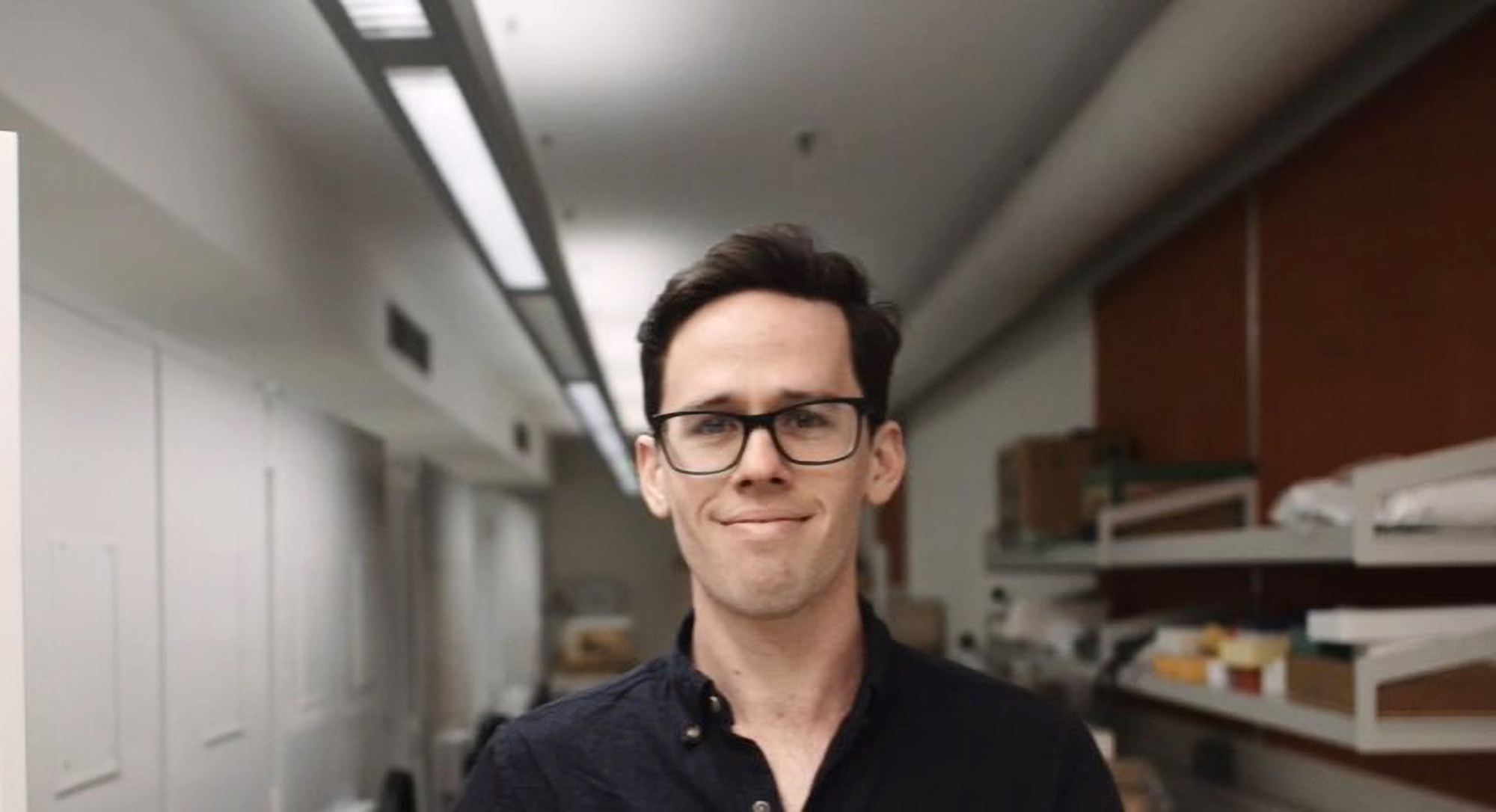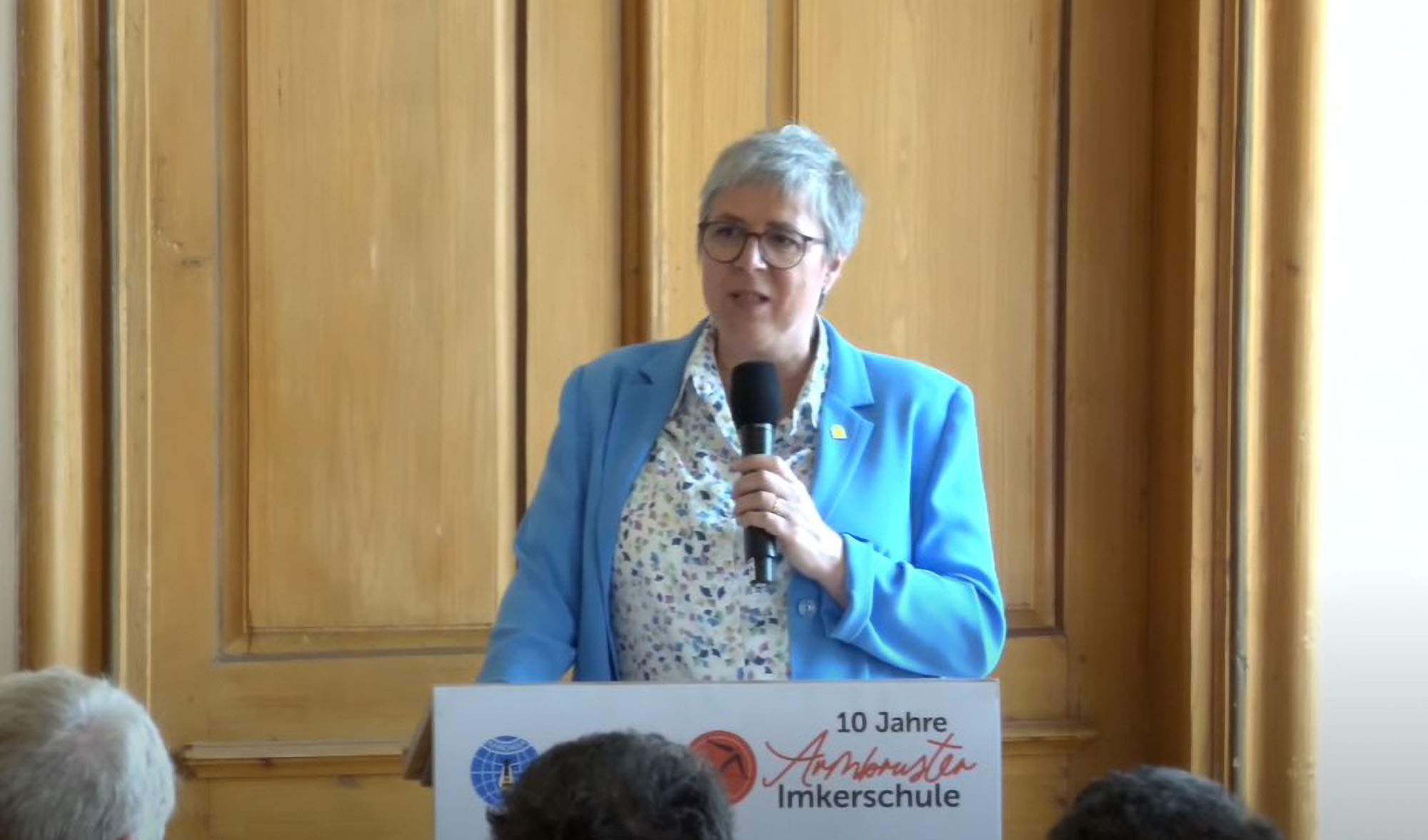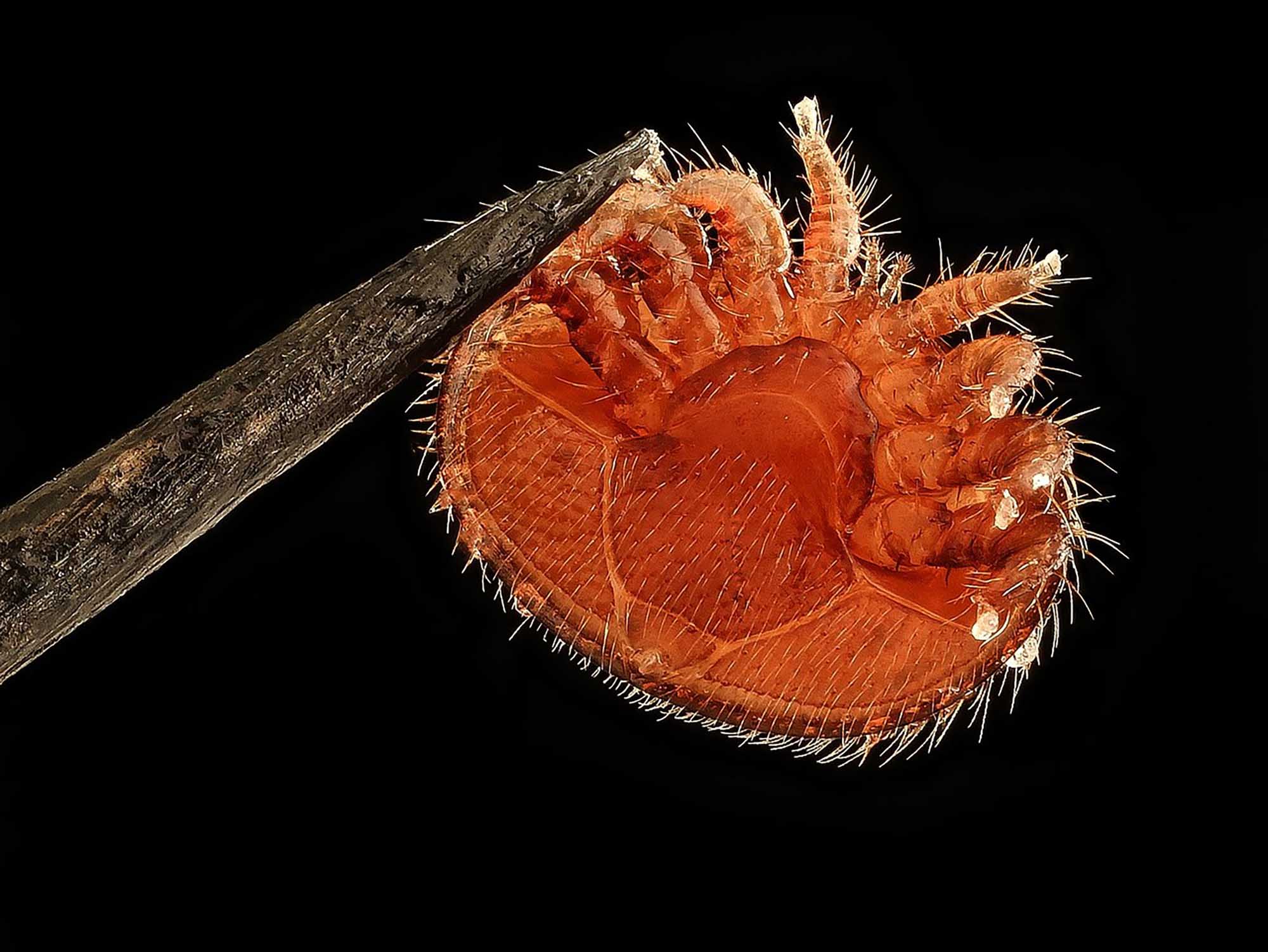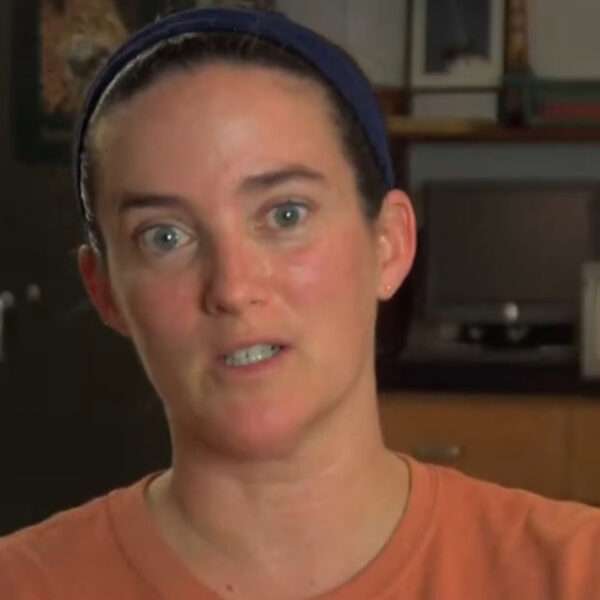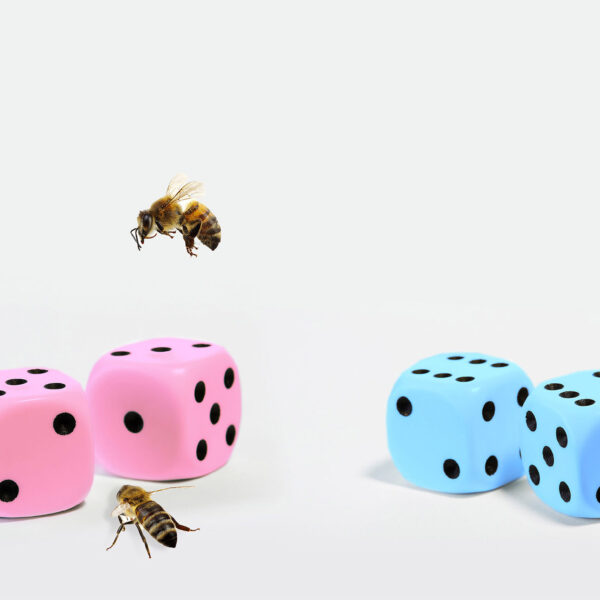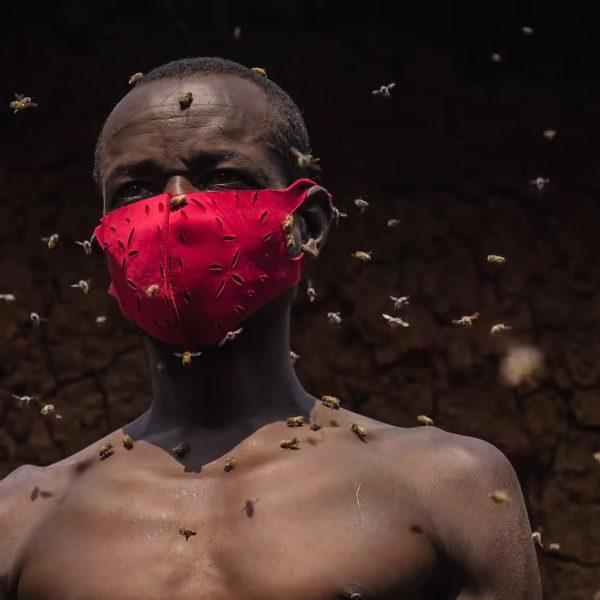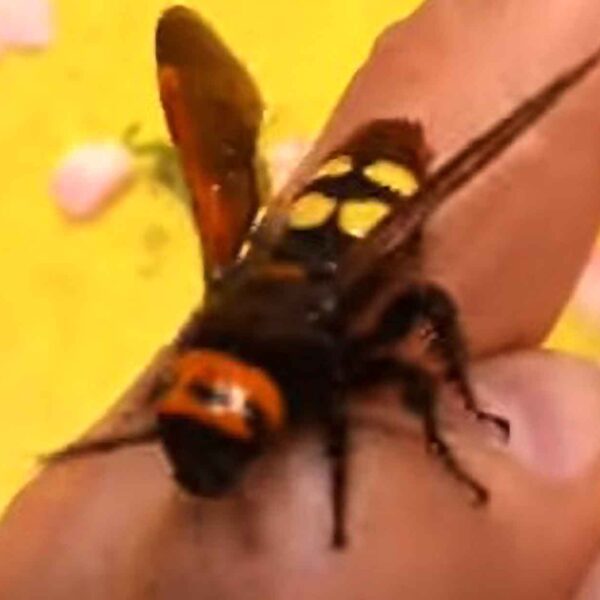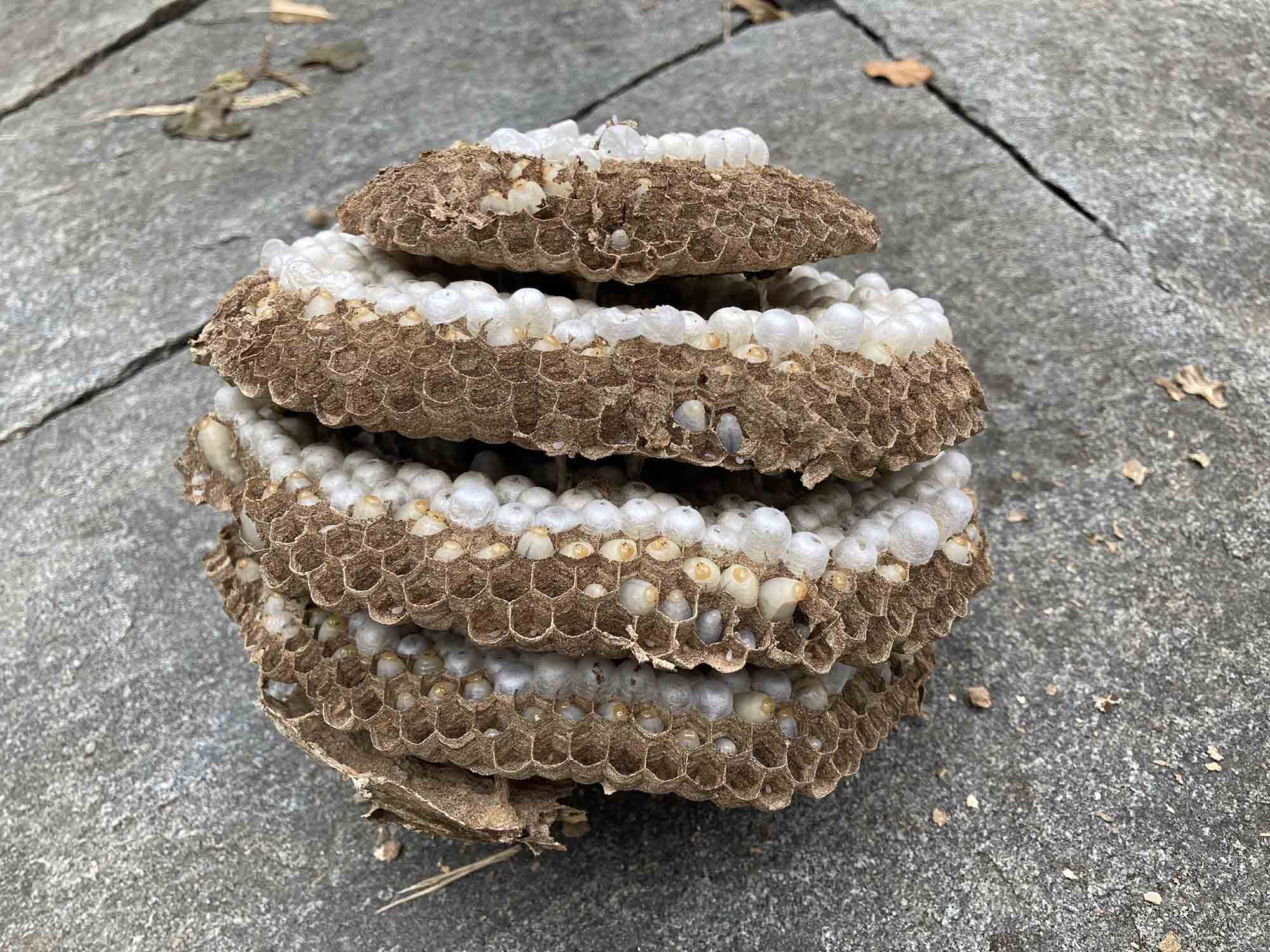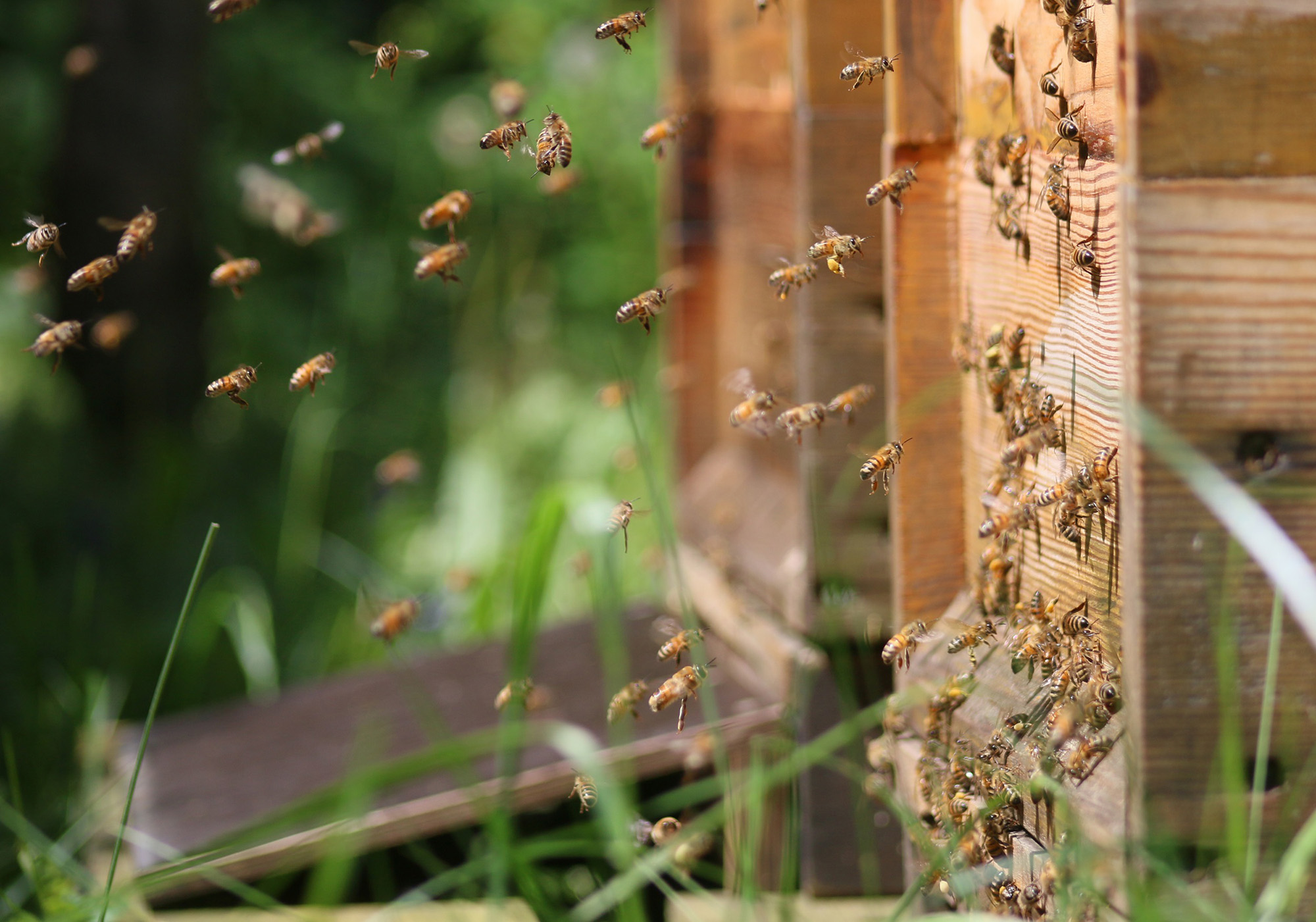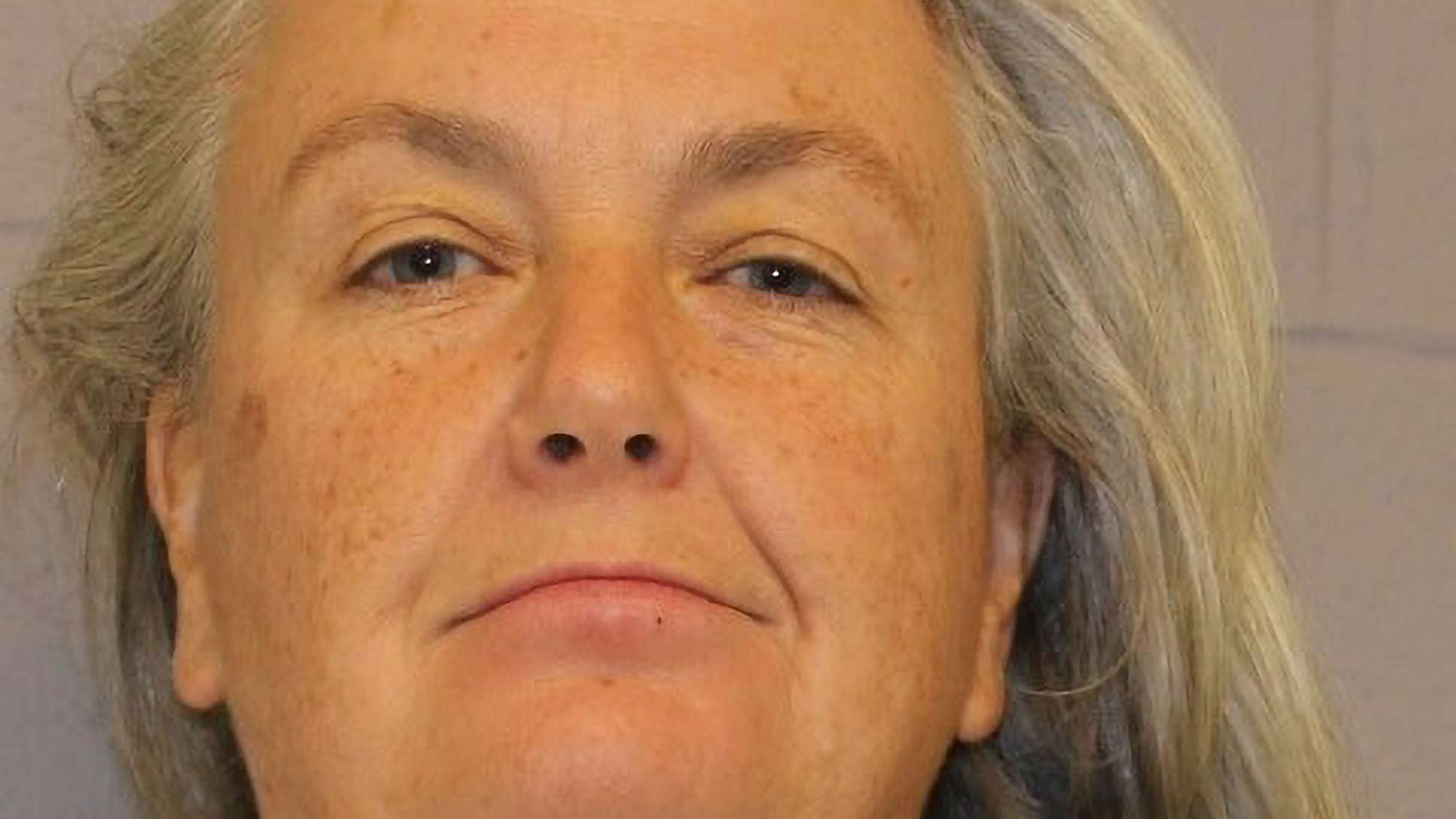More cross-border cooperation is needed to ensure the conservation of pollinators and their habitats, according to an Australian biologist.
Dr James Dorey recently participated in a research project focusing on pollinator biodiversity in Asia.
The 30-year-old entomologist said that, given the complex political dynamics of the region, more efforts have to be made to establish partnerships across borders to protect bees and monitor their situation.
The researcher from Flinders University in Adelaide said: “Science and research collaborations can help mend some of these divisions but more open sharing of specimens and data will be key.”

Dr Dorey warned that the active restoration of threatened habitats should be prioritised. Furthermore, he criticised the widespread extension of the production of palm oil and other agricultural activities.
The various bee species that exist in the world are crucial to biodiversity and the production of food due to their pollination activity.
Dr Dorey explained: “Ecological studies at the national and regional level must be conducted to better understand how best we can maintain pollinator communities and the ecosystem services they provide.”
Dr Dorey hit the headlines last year when a newly discovered bee species was named after him.
The Chrysocolletes doreyi was detected in the Australian state of Queensland. Scientists from the University of Adelaide and the city’s South Australian Museum opted for this name to honour Dr Dorey’s achievements as a researcher and photographer.
Australia is home to more than 1,600 different bee species, according to experts at Flinders University.

